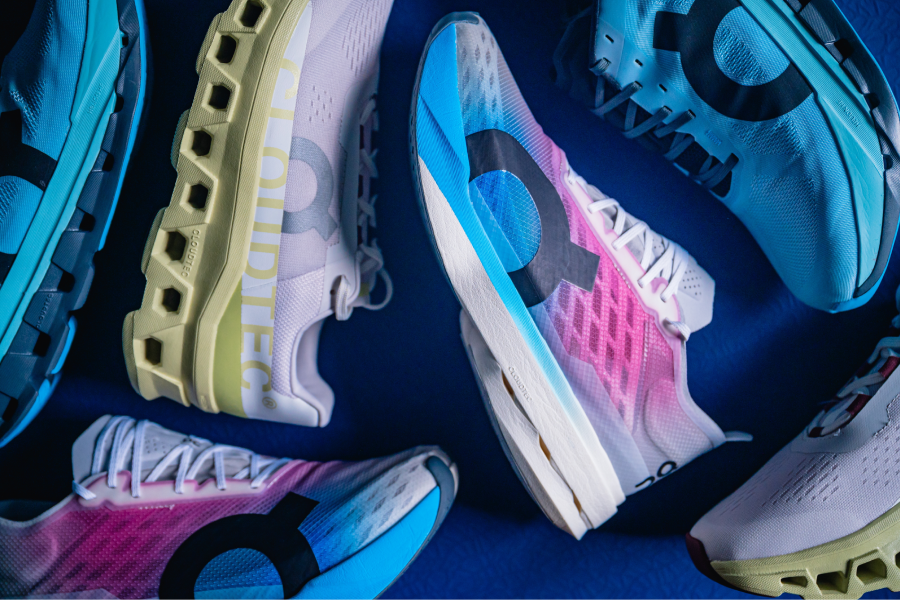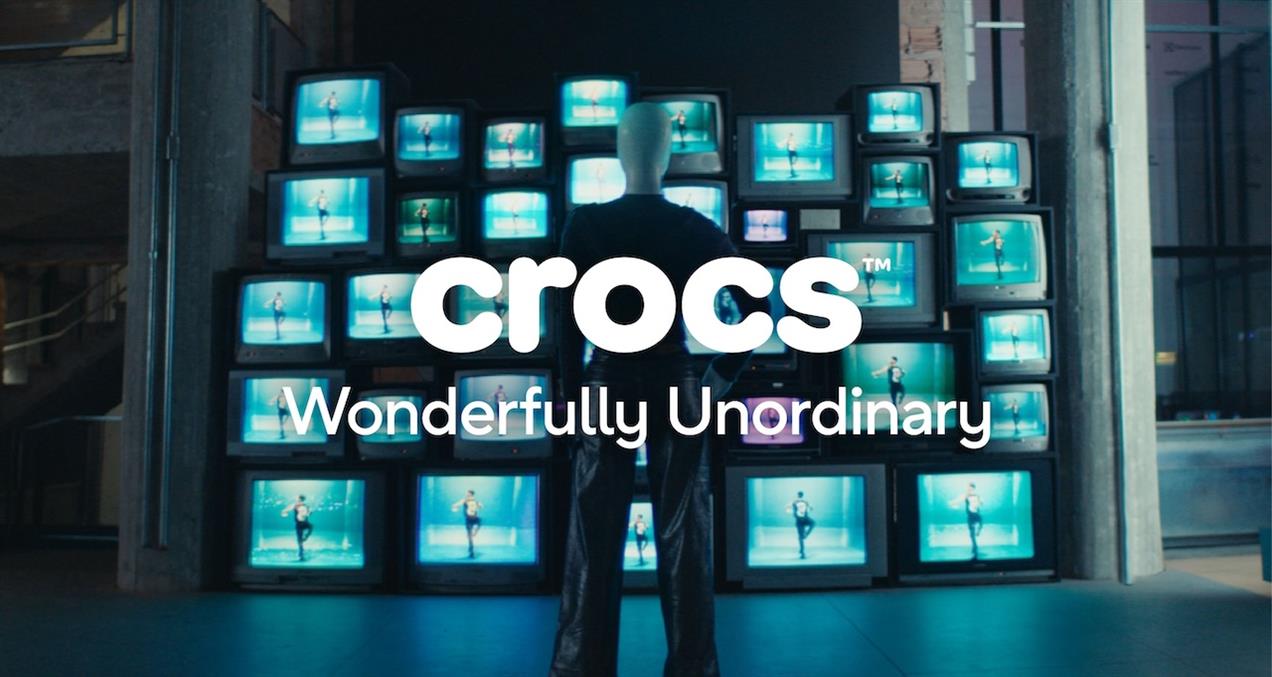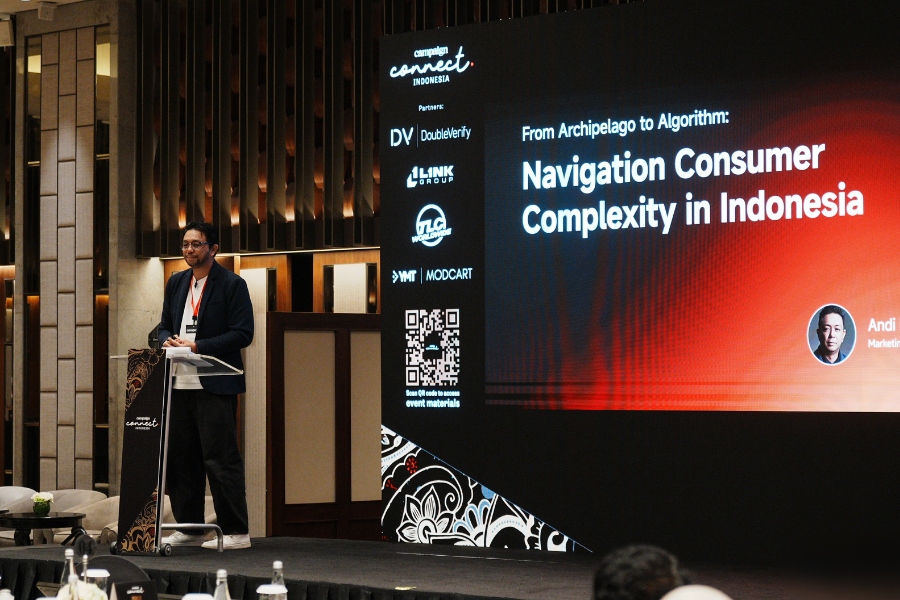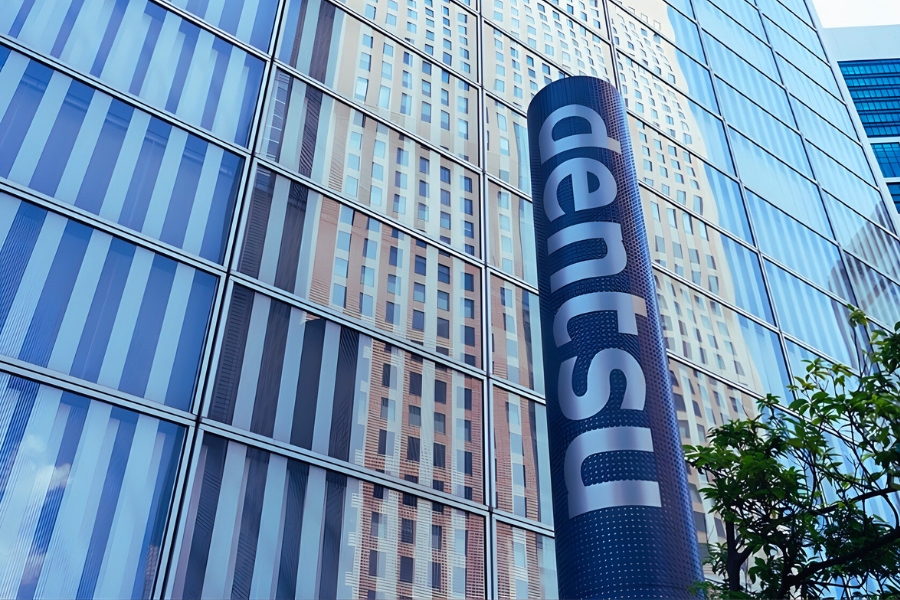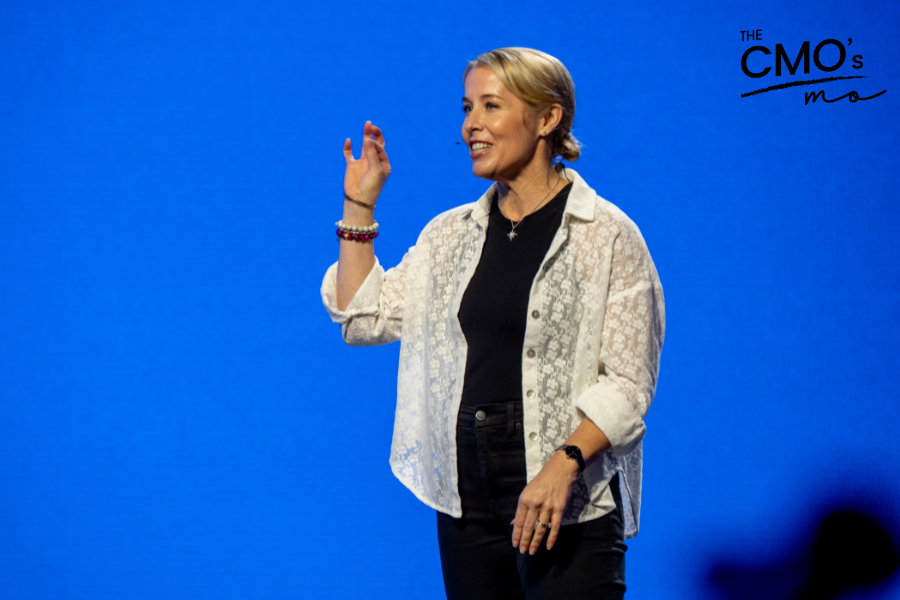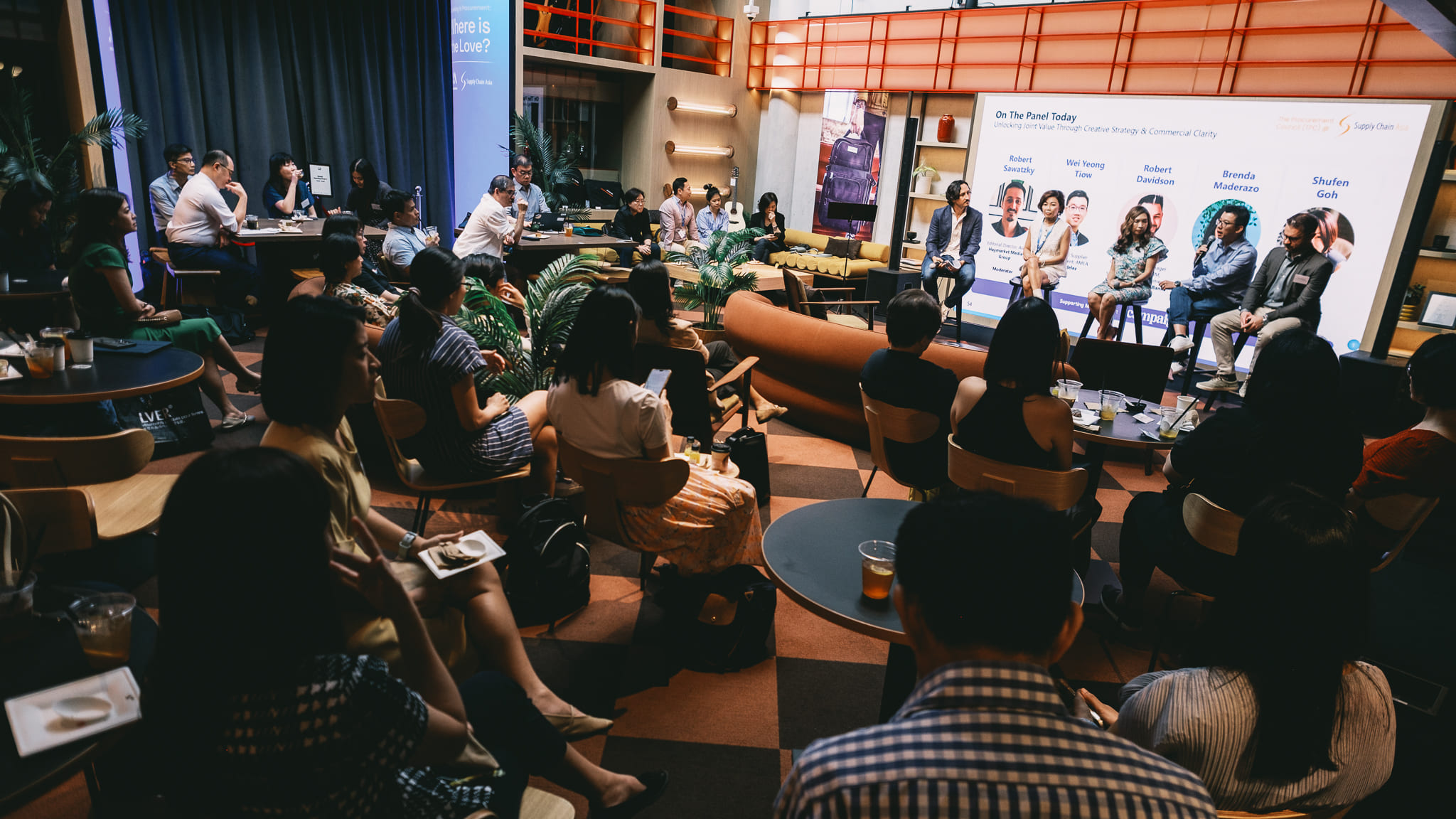Withfluence, a Tokyo-based influencer marketing consultancy that also operates in Southeast Asia, has sold to Ginzamarkets, a San Francisco ad tech company.
Withfluence develops influencer-based campaigns and provides analytics around their performance. It has offices in Thailand, Vietnam and Singapore as well as Tokyo. Ginzamarkets operates an SEO and content marketing analytics service called GinzaMetrics and is looking to develop its business in Asia.
Ray Grieselhuber, CEO of GinzaMetrics, told Campaign that influencer marketing solutions had been a gap in his company’s service offering. He added that influencer-marketing campaigns have tended to lack rigour in terms of analytics, with brands typically focusing on influencer reach rather than engagement.
Withfluence focuses on technology and analytics rather than influencer relationships, said Hiroyuki Okamoto, the company’s co-founder and CEO. He said while Withfluence is looking to grow beyond Asia, its connection to Japanese companies aiming for Asian expansion could serve Ginzamarkets’ ambitions well. In that respect, he said, Japan can serve as something of a gateway to Asia for US service providers.
Okamoto said influencer marketing is poised for growth in Japan, with brands taking a more strategic, long-term approach to influencers rather than simply “using them to spread content and information”.
At the same time, transparency issues are a growing concern. In September, Hikaru, a popular YouTube personality, was found to have gained financially by endorsing his own crowdfunding service, Valu, without disclosing his connection to the platform. In the US, influencers can now be held legally accountable for non-disclosure of involvement with brands.
“A lot of the time, companies aren’t sure which side to go,” Grieselhuber said. “We encourage them to err on the side of transparency. A lot of this is still being figured out and I think we’ll see continued changes.”
He said consumers have become used to seeing sponsored content but often “check out” in the same way that they would when faced with a banner ad. “Companies need to figure out ways to have that content viewed with a high level of engagement. Influencers are different to ads. You’re following them for a reason. If you se them representing products they’re promoting it’s still a sign of endorsement as it is with celebrities on TV. I think companies are just going to have to get used to being transparent about it.”


